Entry Type: Person - Starting with M
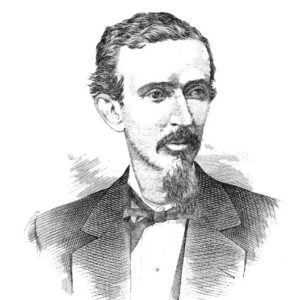 William Miller
William Miller
Miller, William Read
 Mills Campaign Sticker
Mills Campaign Sticker
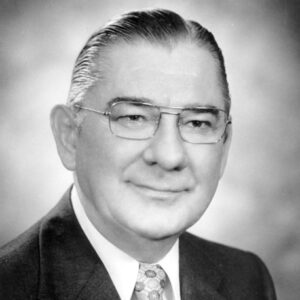 Wilbur D. Mills
Wilbur D. Mills
Mills, Wilbur Daigh
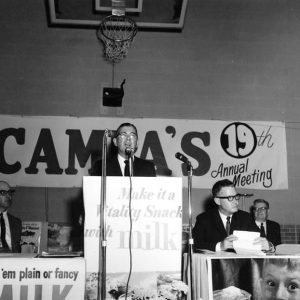 Wilbur Mills at CAMPA Meeting
Wilbur Mills at CAMPA Meeting
Millwee, Minor Wallace
Minor, James Calvin (Jim)
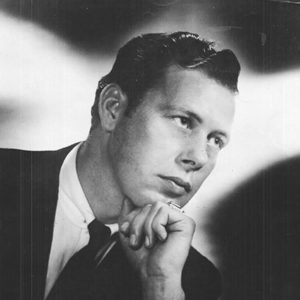 Jim Minor
Jim Minor
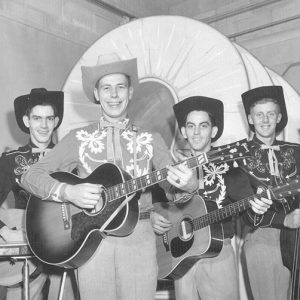 Jim Minor and Band
Jim Minor and Band
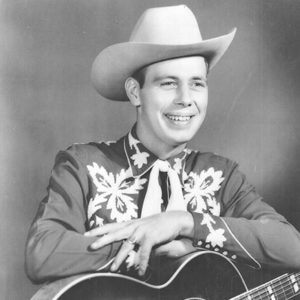 Jim Minor
Jim Minor
 Jim Minor at the Grand Ole Opry
Jim Minor at the Grand Ole Opry
Minton, Clifford E.
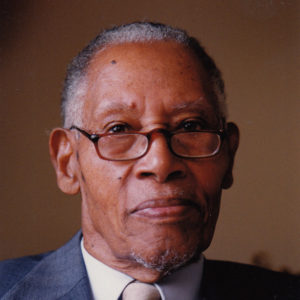 Clifford Minton
Clifford Minton
 Mischief
Mischief
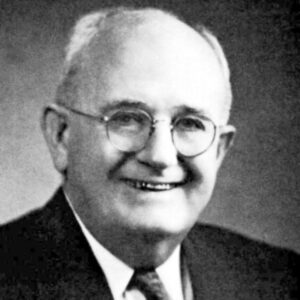 Hugh Miser
Hugh Miser
Miser, Hugh Dinsmore
 Mississippi Cruise
Mississippi Cruise
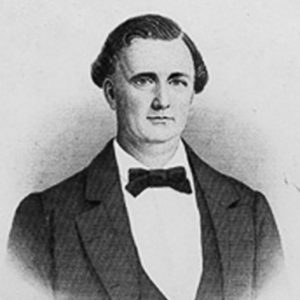 Charles B. Mitchel
Charles B. Mitchel
Mitchel, Charles Burton
Mitchell, Bobby
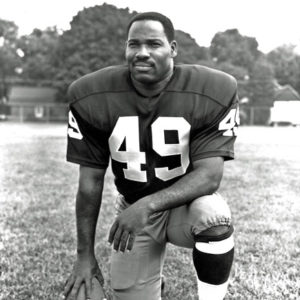 Bobby Mitchell
Bobby Mitchell
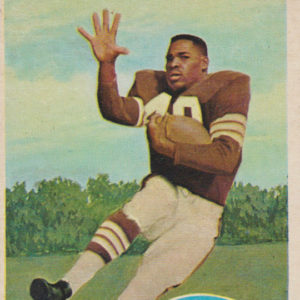 Bobby Mitchell
Bobby Mitchell
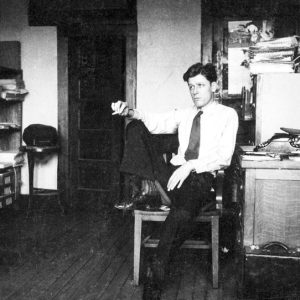 Harry Mitchell
Harry Mitchell
Mitchell, Harry Leland
Mitchell, James
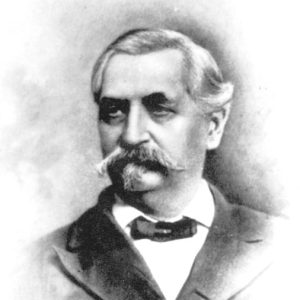 James Mitchell
James Mitchell
Mitchell, Jerry
Mitchell, Juanita Jackson
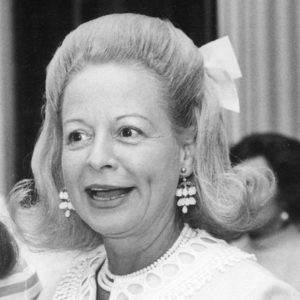 Martha Mitchell
Martha Mitchell
Mitchell, Martha
aka: Martha Elizabeth Beall Jennings Mitchell
Mitchell, Richard Bland
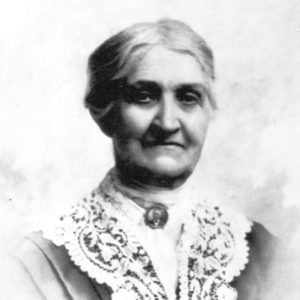 Sarah Elizabeth Mitchell
Sarah Elizabeth Mitchell
Mitchell, Sarah Elizabeth Latta
Mitchell, William Starr (Will)
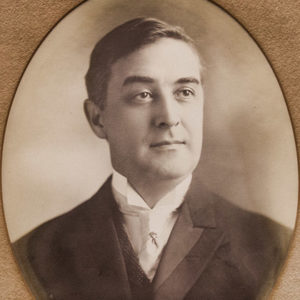 William Starr Mitchell Sr.
William Starr Mitchell Sr.
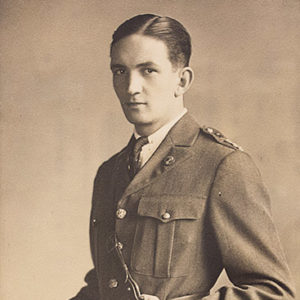 William Starr Mitchell Jr.
William Starr Mitchell Jr.
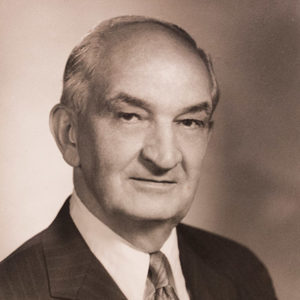 William Starr Mitchell Jr.
William Starr Mitchell Jr.
Mock, Lucy Byrd
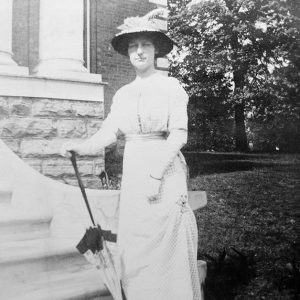 Lucy Byrd Mock
Lucy Byrd Mock
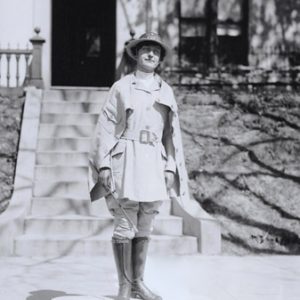 Lucy Byrd Mock
Lucy Byrd Mock
Moffatt, Carolyn
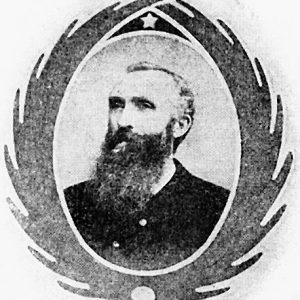 Hugh Molloy
Hugh Molloy
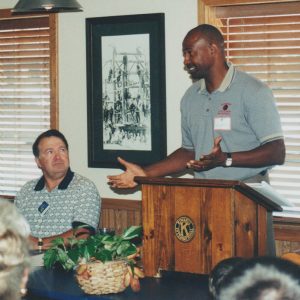 Moncrief in Cabot
Moncrief in Cabot
 Sidney Moncrief
Sidney Moncrief
 Sidney Moncrief
Sidney Moncrief
Moncrief, Sidney
 Rick Monday
Rick Monday




